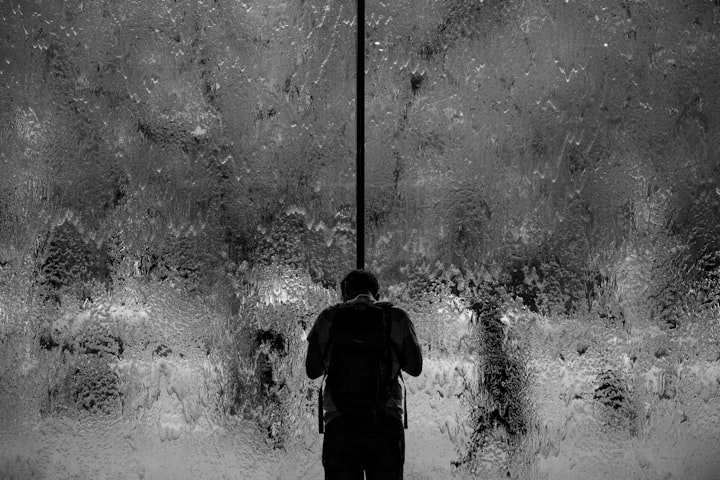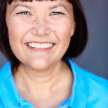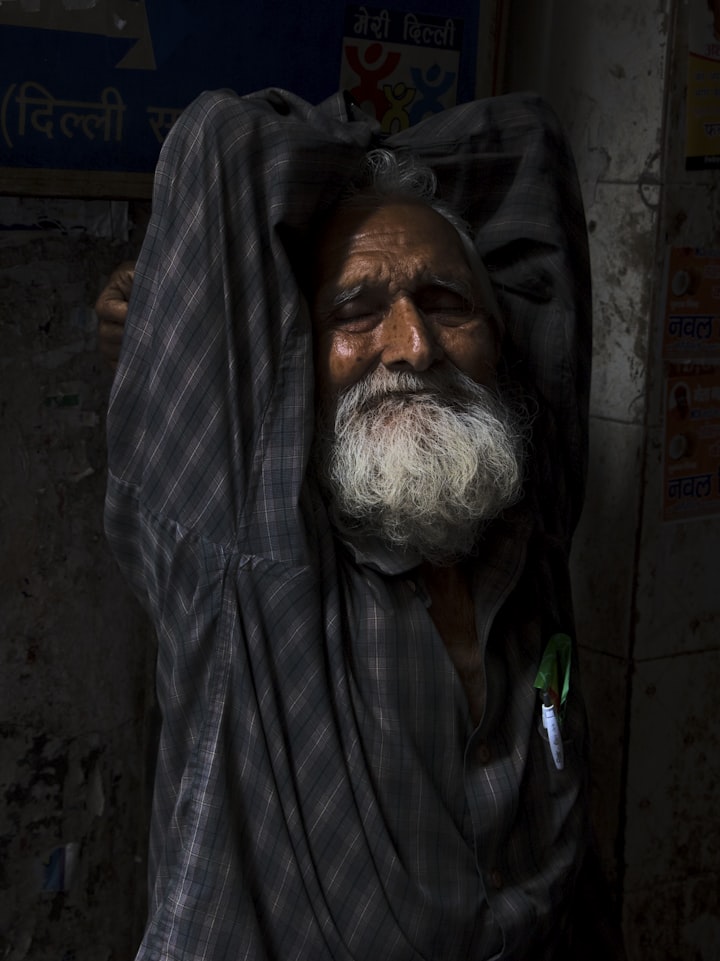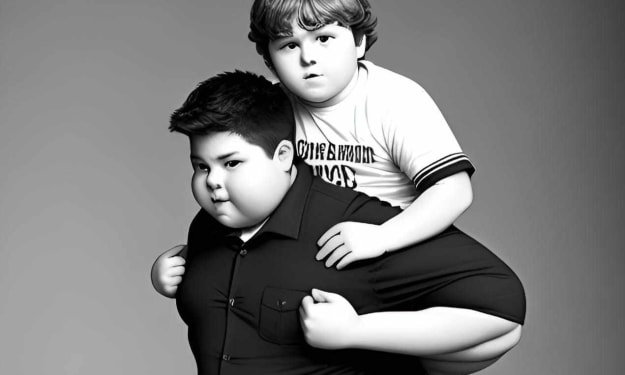
Merriam-Webster defines a community as "a group of people living in the same place or having a particular characteristic in common." As a biracial Korean-German female who grew up as a Third Culture Kid, it was not easy to find a long-term community. Living on three continents by the age of 14 and moving every five years made it difficult to plant roots and cultivate friends. Life became transitional, and I learned how to become a chameleon.
By the time I turned five, I had not only learned how to be alone, but I had also embraced it like a kid with candy. It was easier, less complicated.
When I was 14, my family and I landed in the U.S. I'll be honest, enculturating into American culture was not easy for me. By the time I was 15, the doctor had put me on Valium. That's how well it was going. The days of being a chameleon were over. How was I going to figure out how to assimilate into this community for a long while?
When I say it wasn't easy, I mean it was not only that I was a fish out of water, but my Third Culture Kid curiosity was not welcome. In fact, it was as if many people walked around with NOT WELCOME signs hanging around their necks. People were not eager to become friends and include me in their community.
And, if I told you that I'm completely enculturated after many, many years (because I'm not going to give away my age), I'd be lying. I still get the itch to move every five years. I also have never owned anything of high value than a car. My early upbringing sunk into my bones, never to leave.
I promise you, I am not a loner. I just have had to look at home and community differently than many others. During my first 14 years, community was my family, my writing, and doing what I did best – homework and getting A's. What's that, you say? Homework and writing and doing well aren't community?
Think about the definition. I had a particular interest in writing and doing well. It seemed like the perfect solution in my 14-year-old brain.
I loved school and loved learning. Still do. My imagination would carry me away to places where I would create people (who were nice to me), and I would transfer all that creativity to paper.
I learned to appreciate inanimate objects, potentially seeing them as friends. Is the movie "Cast Away" with Tom Hanks coming to mind? It should. I wouldn't say I was weird. I would say that I knew how to be comfortable with myself.
Then I came to the United States. At first, I thought Americans were a bit weird. They were stand-offish but then would suddenly want to be your friend. My brother and I were also the only two Asian-looking kids at a very large high school. I was no longer invisible. In fact, for the next 30 years, I became very self-conscious of how I appeared to others. Coupled with the racism, I became more private. My community became even smaller. I know, I know. How could that be possible? To this day, I have a handful of people with who I will be completely transparent with. That's it.
After graduating high school and heading off to college, my idea of community shifted even more. I made friends with my college roommates, but that, too, ended after four years. Navigating a new space by myself was not only overwhelming as the only Asian-looking kid but I was also pummeled with racism. The shame tortured me as I became more inward. The bright spot of that time was that I made friends with a guy from Uganda, who is still a good friend to this day.
No doubt, being biracial adds a layer of confusion – for me and others. Koreans didn't and still don't really assimilate to me because I'm not pure-blooded, and Caucasians say I am Asian, so it's a fine line. When needing to be at large gatherings, I often look for other women or people of color. That can be tricky for many different reasons. When you're juggling two very different cultures, it's sometimes best to stay by yourself. Thank goodness I'm an introvert, so it's not too much of a struggle.
Years later, I found God. Or maybe God found me. It doesn't matter. It "should" have been easier for me to find community, but it still wasn't and hasn't been easy to navigate. At this point, you might be thinking, "ummmm… Nancy, I think it's you." You might be correct, but if you go back and read the first part of this essay, remember that two things are key: 1) I'm biracial, and 2) I grew up as a Third Culture Kid.
Then things changed. One day, I was surfing the internet looking for Biracial Korean organizations or meet-ups -- anything that would help me not feel like a fish out of water. I stumbled upon a writing submission for an upcoming book, Mixed Korean: Our Stories, to which I submitted an essay. The book was published, and we began to schedule book readings around the United States (pre-COVID). I got to know this small community of other biracial Koreans and suddenly realized that I didn't have to walk into a room and feel invisible or explain why I might like kimchi and hotdogs together. We started spending more and more time together, and it felt more like home to be in their presence.
At the first reading I participated in, I got up to read a portion of my story. As I looked out at the roomful of biracial Koreans, I choked up. "This is the first time that I'm standing in a room of people who look like me," I said nervously.
Someone shouted from the back, "It's ok. It happens to all of us."
That statement became so profound to me. We all share the commonality of being half-Korean. One of our parents didn't follow the mandated, unspoken Korean rule of keeping the family pure-blooded.
Remember the Merriam-Webster definition? For the first time in my life, I could be myself, and no one would ask me questions or wonder whatever it is that people wonder. Trust me, the questions speak for themselves. "Is your mom ….?" "So, what exactly are you?" "Where are you from?" and my favorite, "Do you speak English?"
A community doesn't mean you become best friends. Community means you have a space with a group of people who share a common thread, which eliminates superficial questions. Community means you are seen and acknowledged. More importantly, to me, community means that you are known, not just by name, but by the essence of who you are.
About the Creator
Nancy B
Find my writing in “Mixed Korean: Our Stories," "Together At Last: Stories of Adoption and Reunion in the Age of DNA," Cultural Daily and Women in Theology. Passionate about herbal health and inspiration.






Comments
There are no comments for this story
Be the first to respond and start the conversation.